
KEY PERSONNEL & AFFILIATES


Dr. Stephanie Fryberg
Director
fryberg@umich.eduDr. Stephanie A. Fryberg, a member of the Tulalip Tribes of Washington State, is the Director of The Research for Indigenous Social Action and Equity. Dr. Fryberg is also a Diversity and Social Transformation Professor of Psychology at the University of Michigan. As a social and cultural psychologist, her research focuses on how social representations of race, culture, and social class influence the development of self, psychological well-being, physical health, and educational attainment. In addition to publishing articles in leading academic journals, Dr. Fryberg provided testimony to the U.S. Senate Committee on Indian Affairs, received the Society for the Psychological Study of Social Issues Early Career Award, and was inducted into Stanford University’s Multicultural Alumni Hall of Fame.
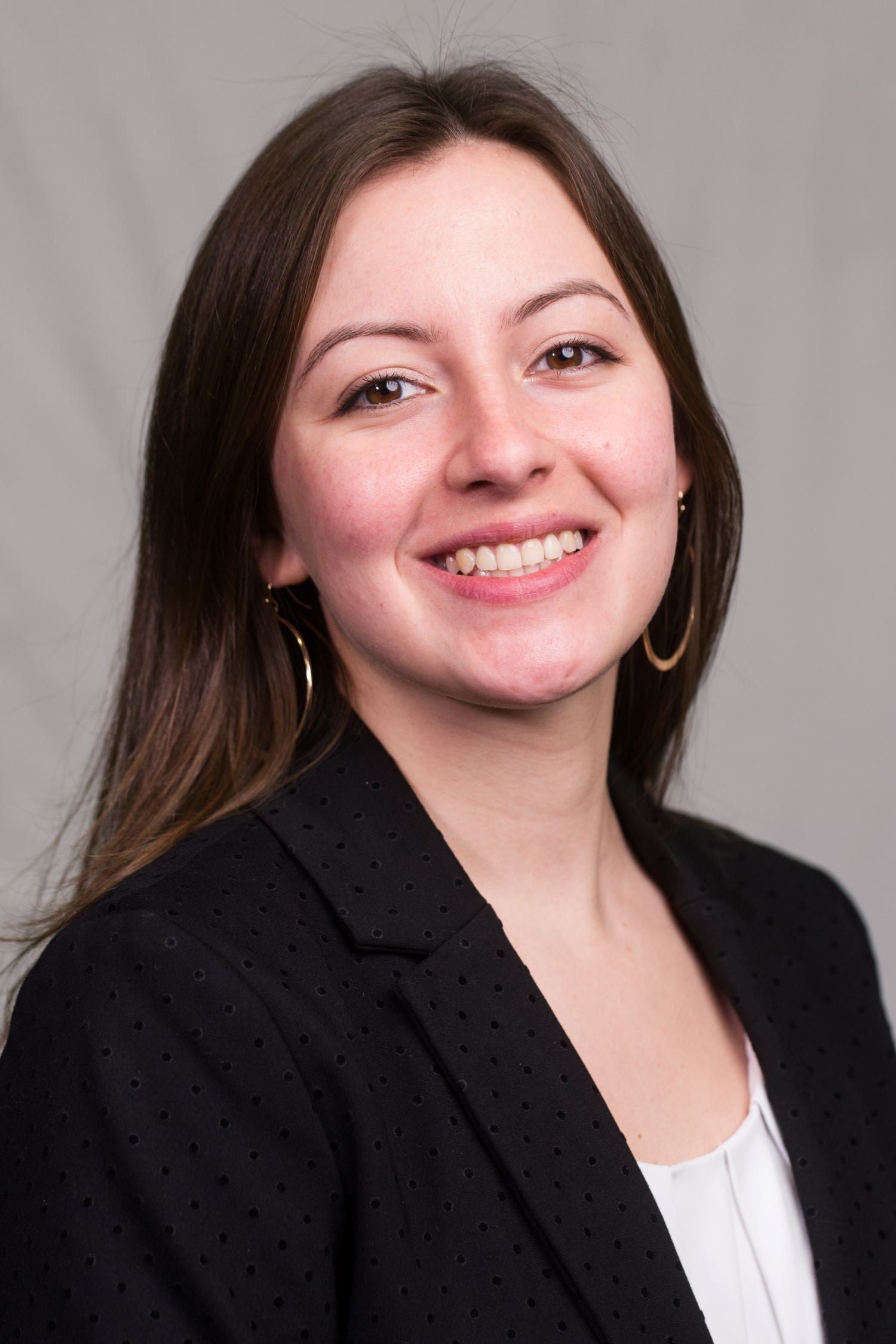
Kristina Chamberlin
Post Doctoral Research Fellow
kgcham@umich.eduDr. Kristina G. Chamberlin is a postdoctoral research fellow for the RISE Center at the University of Michigan. She earned her B.A. in Psychology from Gettysburg College and her M.S. and Ph.D. in Social Psychology from Florida State University. Her research broadly concerns the intrapersonal, interpersonal, and intergroup processes that influence prejudice, discrimination, and civic engagement to combat systemic injustice. Her dissertation examined the consequences of interracial friendships with Whites and White friends’ antiracism for Black and Latino individuals’ participation in antiracist collective action. At RISE, Kristina engages in research to better understand the causes and consequences of omission and dehumanization of Native Peoples in U.S. society. Ultimately, her goals are to draw attention to the sustained and widespread harm caused by systemic injustice and motivate individuals to challenge practices and institutions that uphold that injustice.
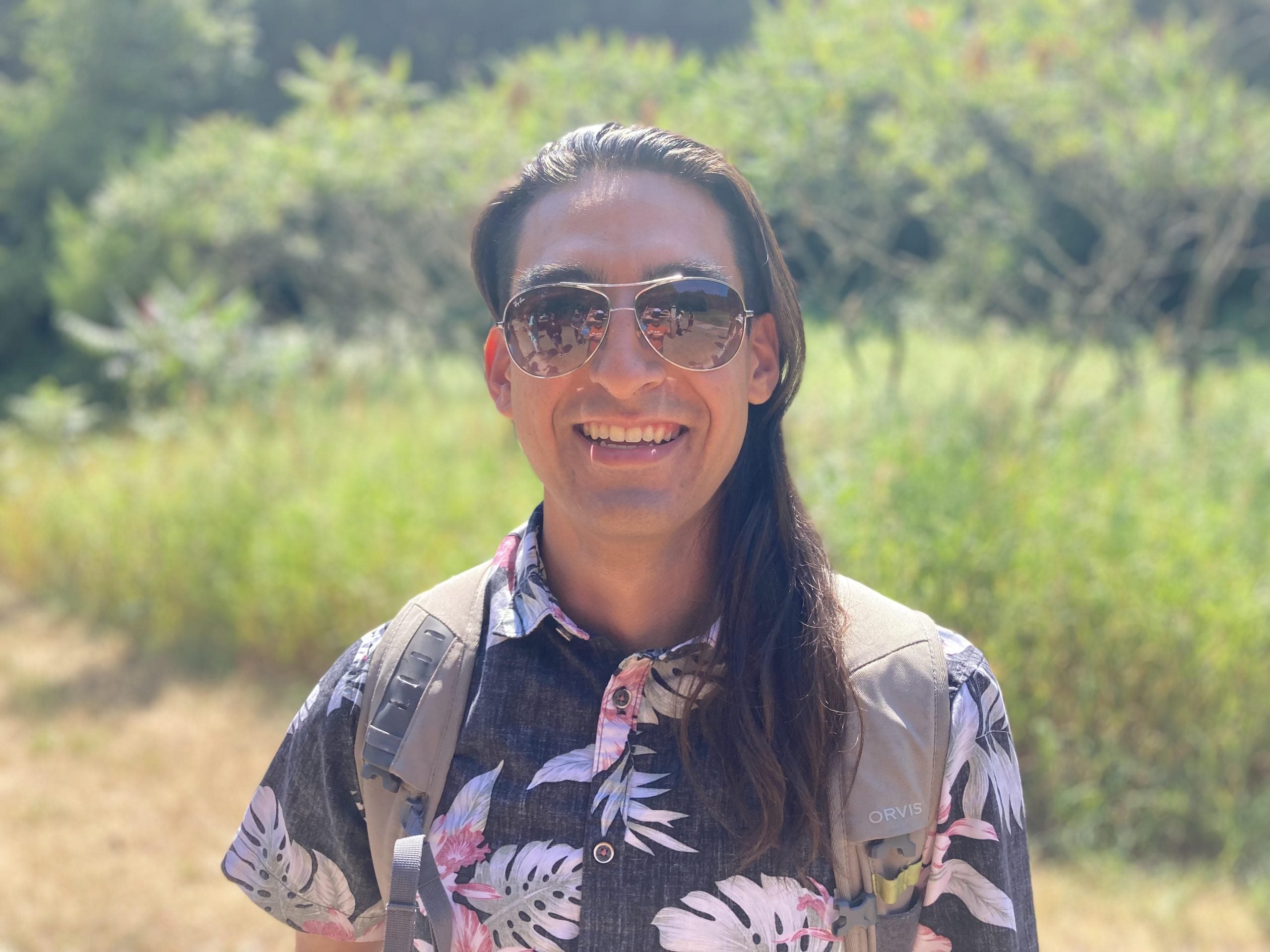
Marco Kamimura
Events Coordinator
marcokam@umich.eduMarco Kamimura (he/they) is Uchinanchu-Mexican. He grew up in Michigan and Southern California while his parents pursued their paths in Higher Ed. He left Michigan to study Aquatic Ecology, Cultural Anthropology, and Sociology at Grinnell College in Iowa. He takes great pride in his work as an educator and water protector in Michigan and Iowa. His work at RISE aims to amplify Indigenous voices in a good way and sustain intersectional conversations toward future research in the RISE space and the U-M community at large. In doing so, he works to honor his ancestors and the future mirukuyuu (peaceful generation, or youth).

Danesha Binkowski
Administrative Assistant
dbink@umich.eduDanesha, born in Detroit and raised in Inkster, Michigan, found her niche in administrative support early on in working for the City of Inkster directly out of high school. Happily supporting RISE as the Administrative Assistant, Danesha serves as the "front line" person of the center in supporting mission-driven efforts, implementing and establishing processes, and streamlining systems.
Prior to working at RISE, Danesha had a main hand in opening a college-prep high school in which she provided administrative, operational, and academic support to over 400 students. RISE's mission in bridging the gap and undoing Indigenous inequalities is what drew Danesha to work for the center. Her desire to work toward a shared goal of changing the narrative and bringing awareness to inequality is what keeps her motivated and excited to work for RISE.
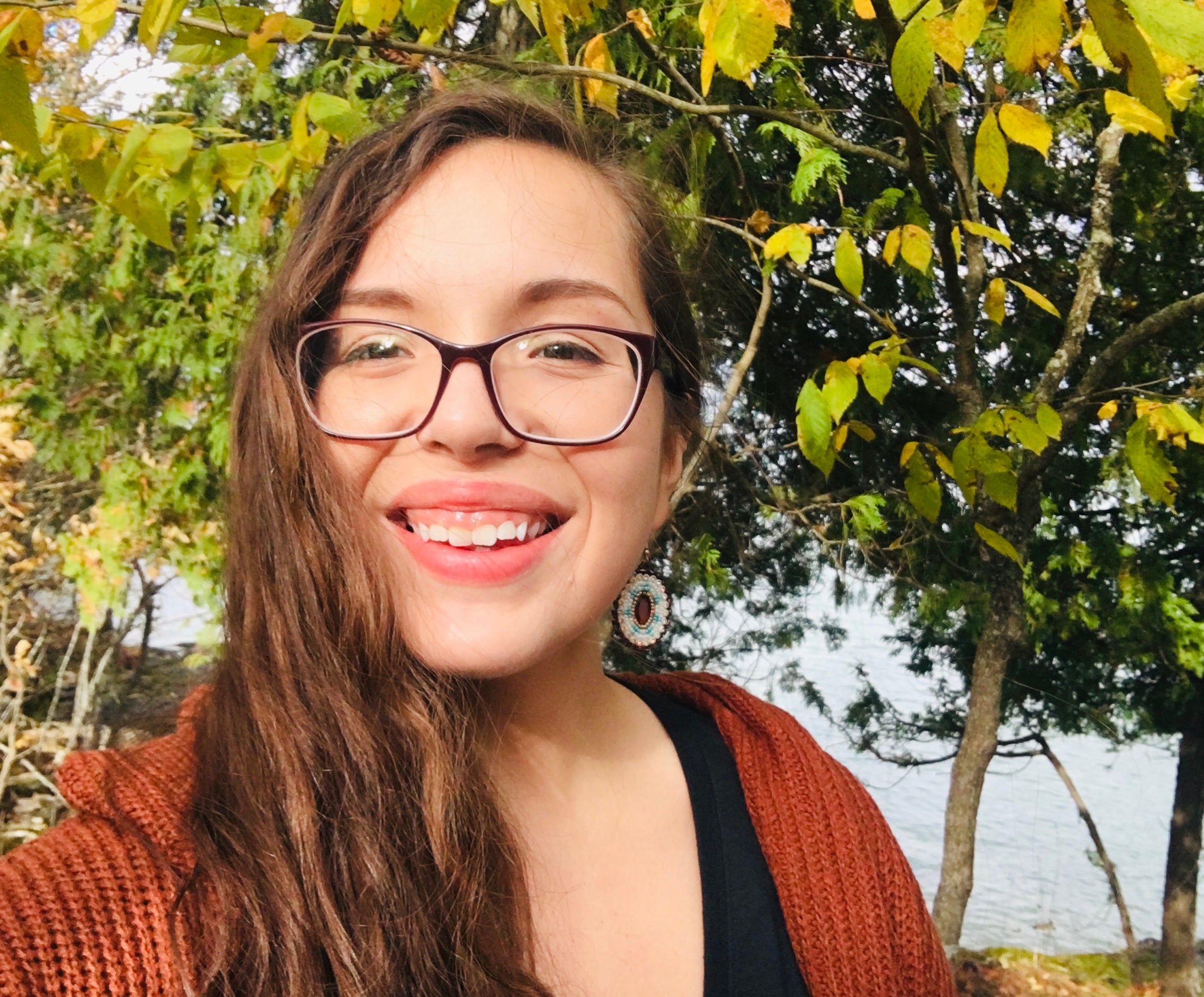
Kelly House
Research Coordinator
kmhouse@umich.eduKelly House is currently a Research Coordinator for the RISE Center at the University of Michigan. She is a member of the Oneida Nation from Wisconsin. She earned her B.S in Psychology, with an emphasis in Mental Health, and First Nations Studies at the University of Wisconsin-Green Bay. She dedicated her undergraduate career to improving Native American students’ experiences on the UWGB campus through several research and social justice projects. Her research interests broadly involve the effects of prejudice, discrimination, and stereotypes on underrepresented communities, specifically surrounding and within Native American communities. In her free time, she enjoys bullet journaling and spending time with her family and friends.

Aaron Luedtke
RISE Faculty Affiliate
luedtkea@umich.edu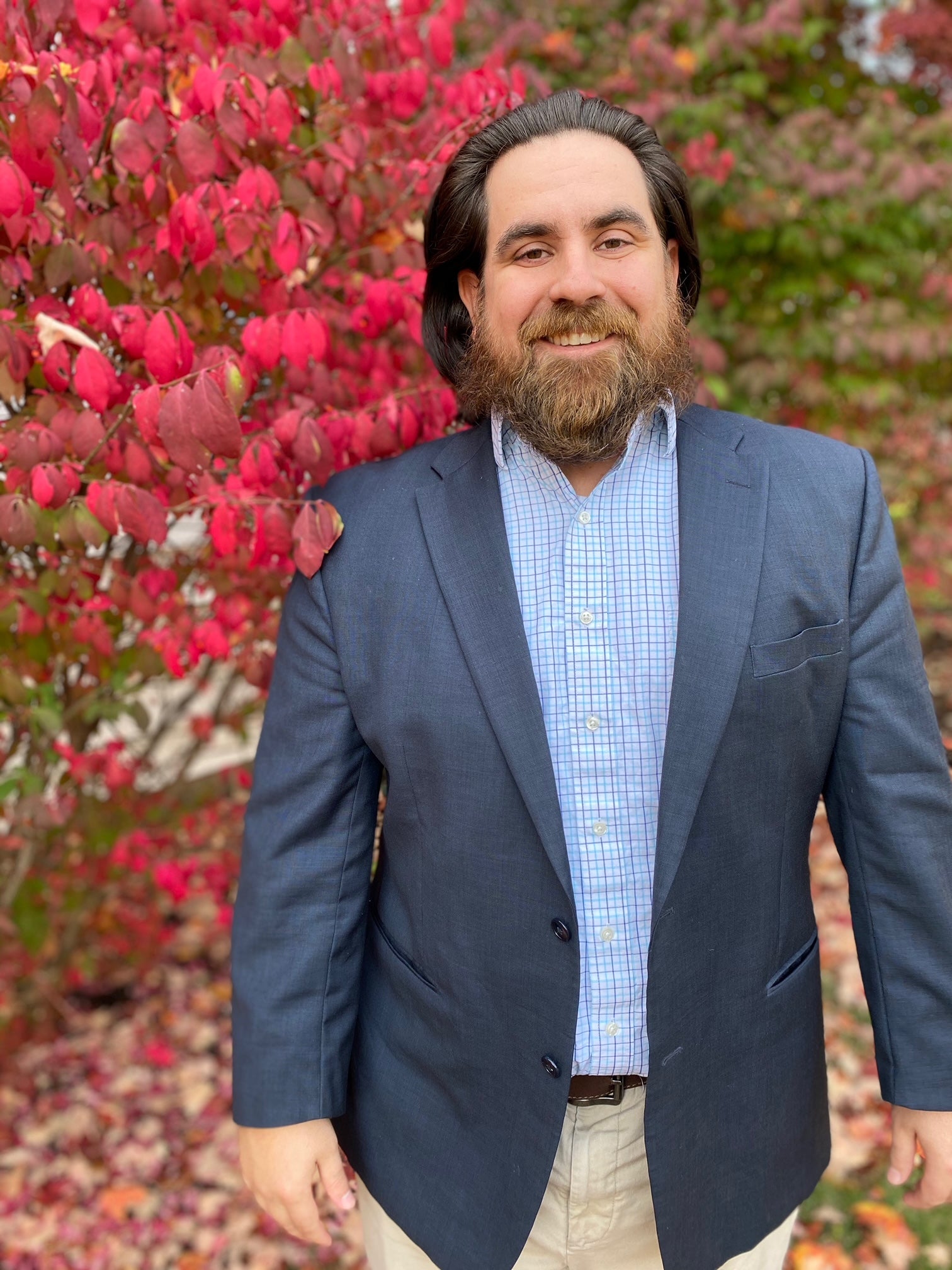
Adam Farero
Assistant Research Scientist
afarero@umich.eduAdam Farero is a member of the Bay Mills Indian Community, which is part of the Sault Ste. Marie Band of Chippewa Indians of Michigan. He earned his PhD at Michigan State University where he studied Human Development and Family Studies, with a specialization in Couple and Family Therapy. He is a licensed marriage and family therapist. His research has focused on resilience and posttraumatic growth in individuals and families, as well as quantitative methods. He is currently an assistant research scientist at the RISE Center, where he is excited to be engaged in research that seeks to empower Native voices, bring visibility to the Native experience, combat systemic racism and stereotypes, and celebrate Native culture.
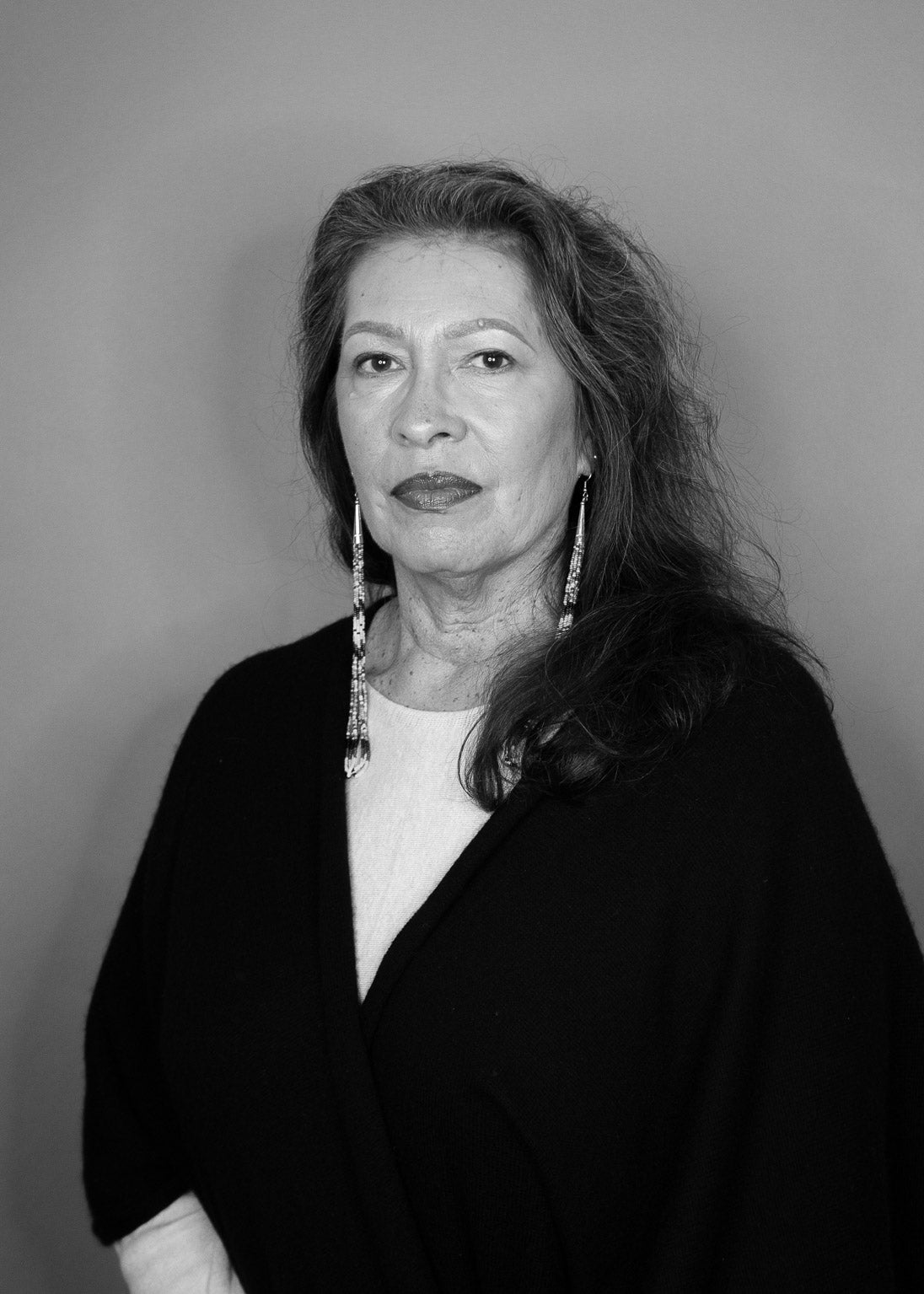
Judith LeBlanc
Co-partner
Judith Le Blanc (she/her) is a citizen of the Caddo Tribe of Oklahoma and Executive Director of the Native Organizers Alliance (NOA), a national Native training and organizing network. In the last 10 years, NOA has built relationships with tribes, traditional societies, and grassroots community groups in Native communities and on reservations through Native community organizing training, strategic campaign planning, and support.
At the core of her work at NOA is the belief that organizing a grassroots ecosystem of Native leaders and organizers who share a common theory of change rooted in traditional values and sacred practices is the critical foundation to achieving tribal sovereignty and racial equity for all.
She is honored to serve on the board of IllumiNative and as chair of the board of NDN Collective. She was also a 2019 Roddenberry Fellow. She is a Grandma and currently lives in Harlem, NY with her partner. Her guilty passion is trashy TV!
Public Work
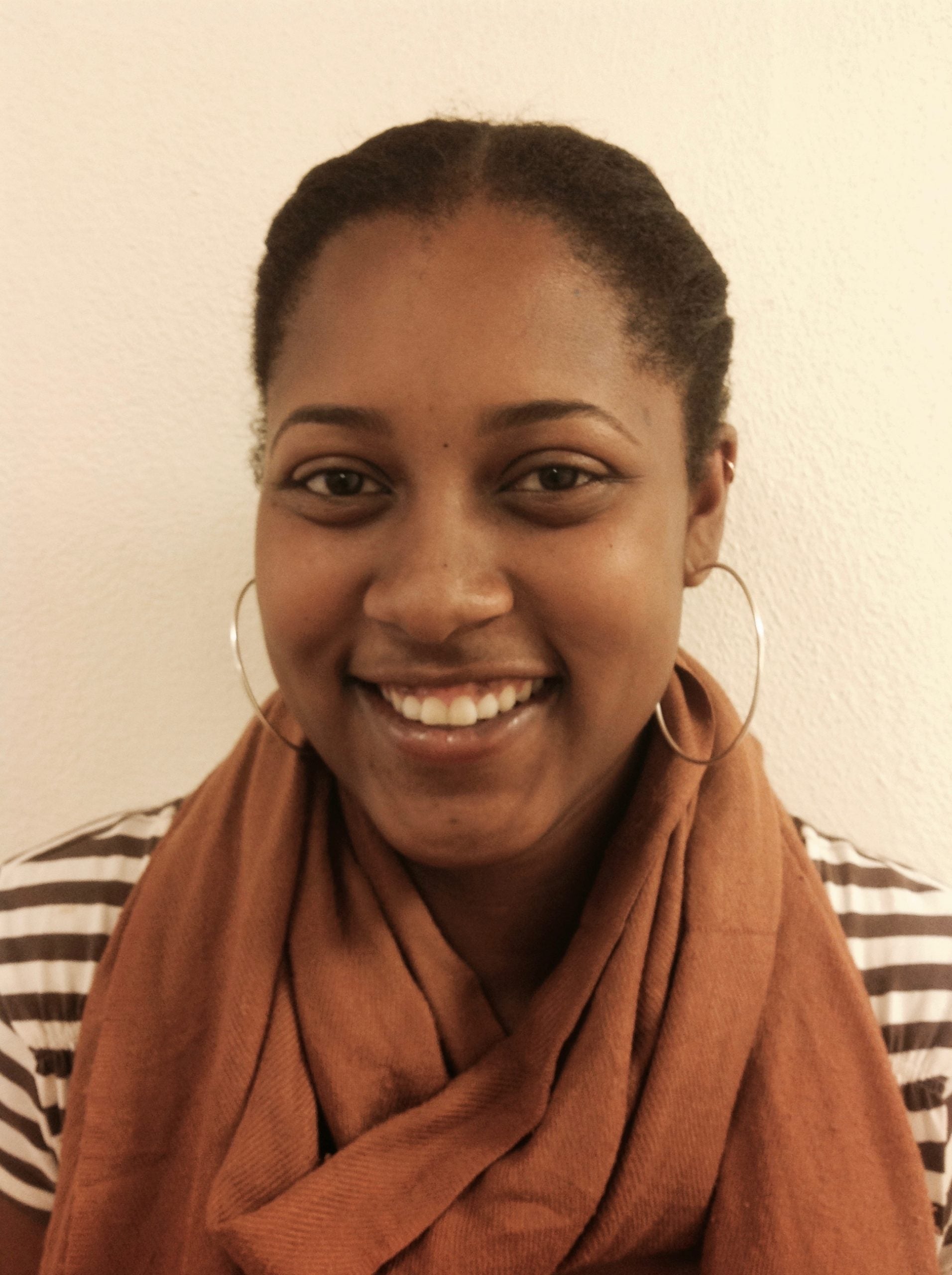
Arianne Eason
Co-partner
Dr. Arianne E. Eason is an Assistant Professor in the Social/Personality and Developmental areas of UC Berkeley’s Department of Psychology. She received her B.S. in psychology from Yale University in 2012 and her Ph.D. from the University of Washington in. Broadly speaking, her research sits at the intersection of social, developmental, and cultural psychology. Specifically, her research examines how features of our social and cultural contexts (e.g., racial segregation, wealth inequality, the lack of contemporary Native representations) influence individuals’ thoughts and feelings about intergroup relations, and how these psychological outcomes, in turn, reify existing inequities. Ultimately, by shedding light on the ways in which our social and cultural contexts work in tandem with what exists in people’s minds (i.e., thoughts, feelings, and actions), we can better work towards creating a more equitable nation. Her research endeavors have been supported by the Ford Foundation, the National Science Foundation, and the Mellon Foundation.
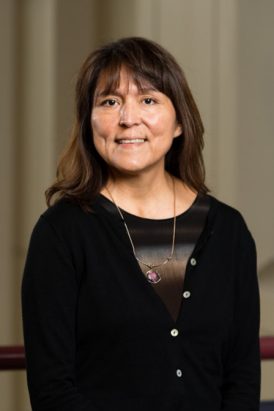
Denise Sekaquaptewa
Co-partner
Dr. Denise Sekaquaptewa comes from two Nations: the Navajo/Dine’ and Hopi tribes of northern Arizona. She is a University Diversity and Social Transformation Professor of Psychology at the University of Michigan, Ann Arbor, USA. Her research program in experimental social psychology focuses on stereotyping, implicit bias, and the experiences of women and underrepresented minorities in science and engineering. Her research program has been supported by the National Science Foundation, and the National Center for Institutional Diversity. Dr. Sekaquaptewa served as associate editor for the American Psychological Association journals Personality and Social Psychology Bulletin, and Cultural Diversity and Ethnic Minority Psychology. She is elected Member-at-Large for Science Programming at the Society for Personality and Social Psychology, and serves on the Committee on Opportunities in Science at the American Association for the Advancement of Science. She received the Harold R. Johnson Diversity Service Award (2015), and the Sarah Goddard Power Award (2012), from the University of Michigan for her work on diversity-related issues.
Public Work
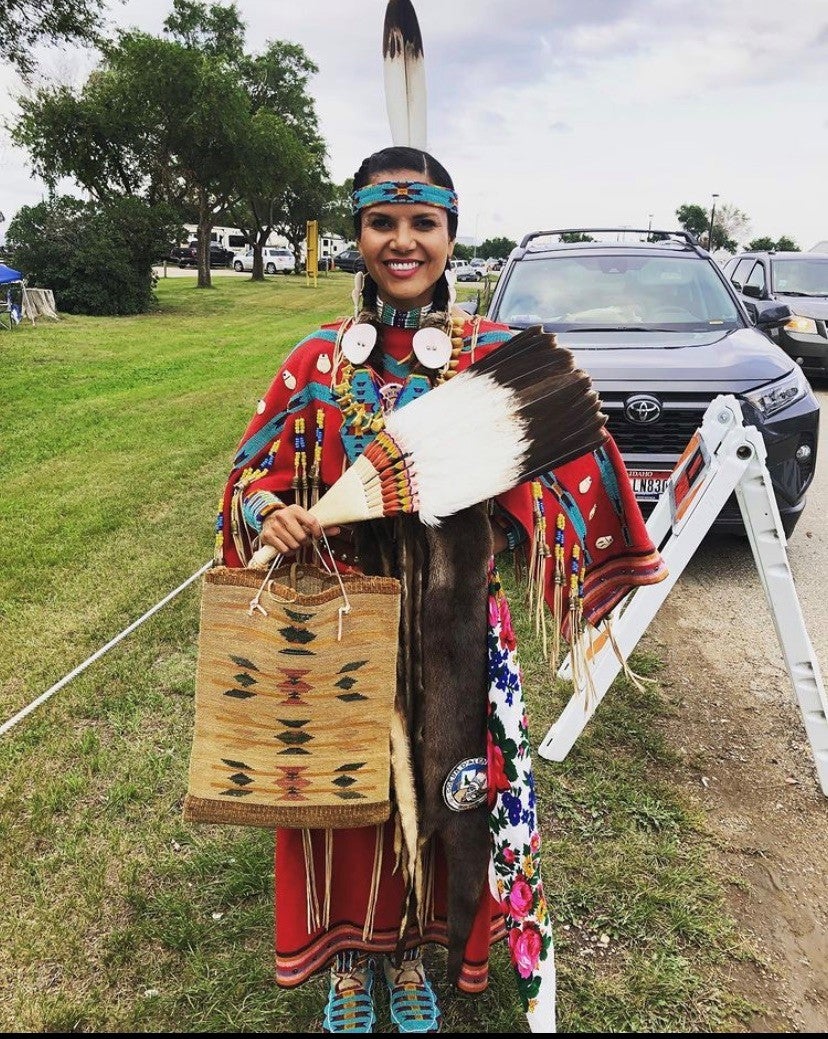
Nikki Pitre
Co-partner
Nikki’s Indian name is khwhele’ which means Meadow Lark. She is a member of the Coeur d’Alene Tribe, and is also Kalispel, Yakama, Nisqually, Cowlitz, Squaxin Island and Taino. She is a direct descendant of Chief Spokane, Chief Ignace, Chief Kamayakin and Chief Leschi. With a true passion to support Native youth and youth-led programming, Nikki serves as the Executive Director at the Center for Native American Youth at the Aspen Institute. As Executive Director, Nikki works closely with the Board of Advisors and Youth Advisory Board, manages staff, and sets the vision, strategy, and priorities for the Center. Nikki oversees finances, manages development of communications, advocacy, programs and is the lead in resource development, partnership development and collaborative strategies.
Nikki sits on the Partnership with Native Americans Board of Directors, an Advisor for Doris Duke Charitable Fund’s Indigenous Peoples Portfolio, Advisor for REI Co-Op Action Fund, a Commissioner for the Aspen Institute’s K-12 Climate Action, Artist Ambassador for NYCLU, is a proud committee member for the Miss Indian World Pageant for the Gathering of Nations Pow-wow and promotes other organizations in advisory capacities. Nikki has worked on behalf of her people her whole life. Her biggest inspiration comes from her daughter, Aplnmarimn’tsu’tn (Carries the Medicine).
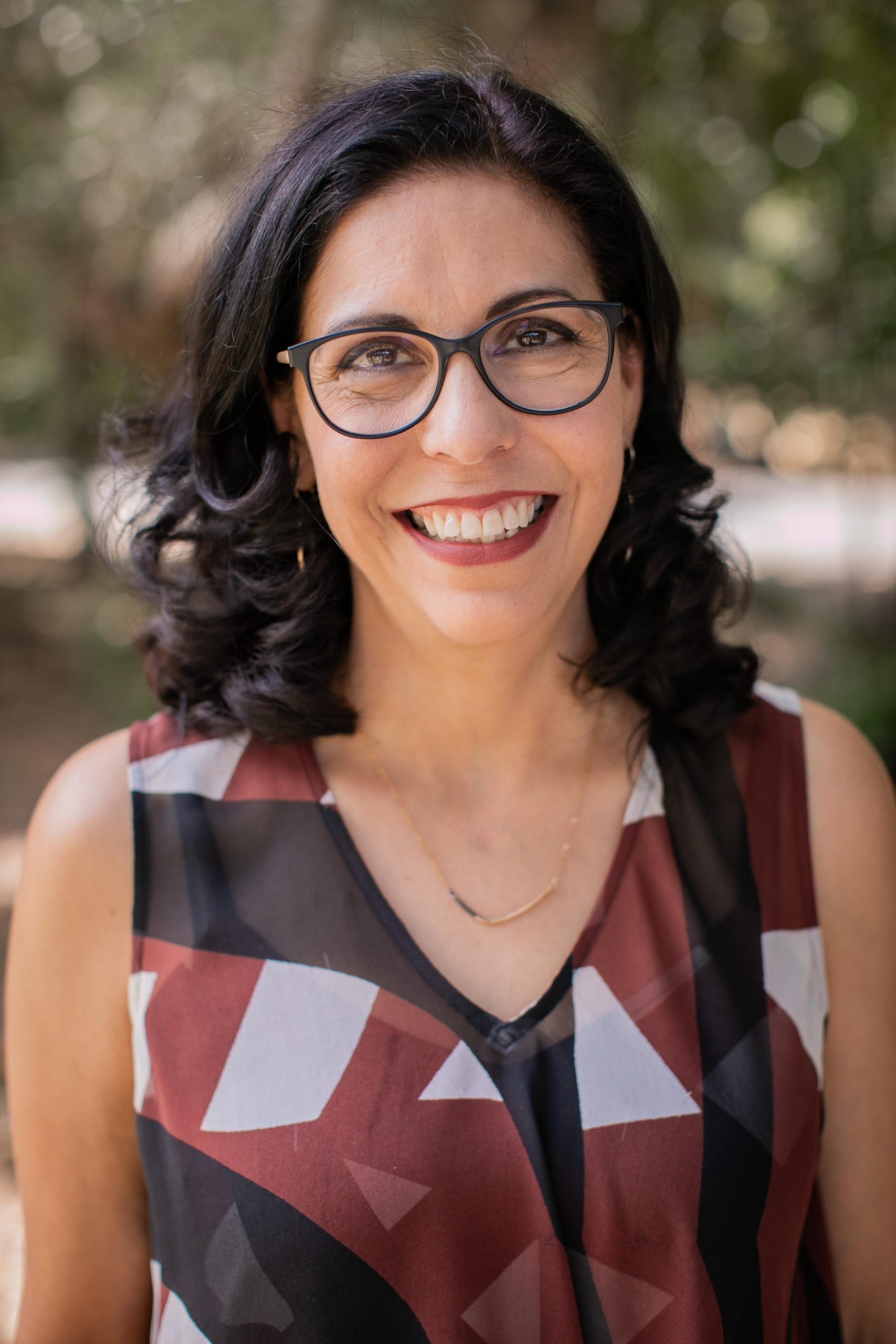
Paula Moya
Co-partner
A native New Mexican, Paula M. L. Moya is an inheritor of the racial and cultural mestizaje of the Spanish, Jewish, and Native people who have lived together in the region in confict and cooperation for many generations. Fascinated by the relationship between identity, on the one hand, and history, culture, migration, and long-time land tenure, on the other, Moya is especially interested in narratives that successfully convey belonging and community.
Appointed as the Danily C. and Laura Louise Bell Professor of the Humanities at Stanford University, Moya studies contemporary ethnic literature with a focus on narrative and and narrative theory and a specialization in Chicanx/Latinx literature. In fall 2021, she begins an appointment as the Director of the Center for Comparative Studies in Race and Ethnicity where she conducts and supports interdisciplinary research on race and ethnicity.
Public Work
- http://paulamoya.com
Note: this site is in the process of being updated - https://english.stanford.edu/people/paula-moya
- https://motivatingmobility.stanford.edu
- https://ccsre.stanford.edu
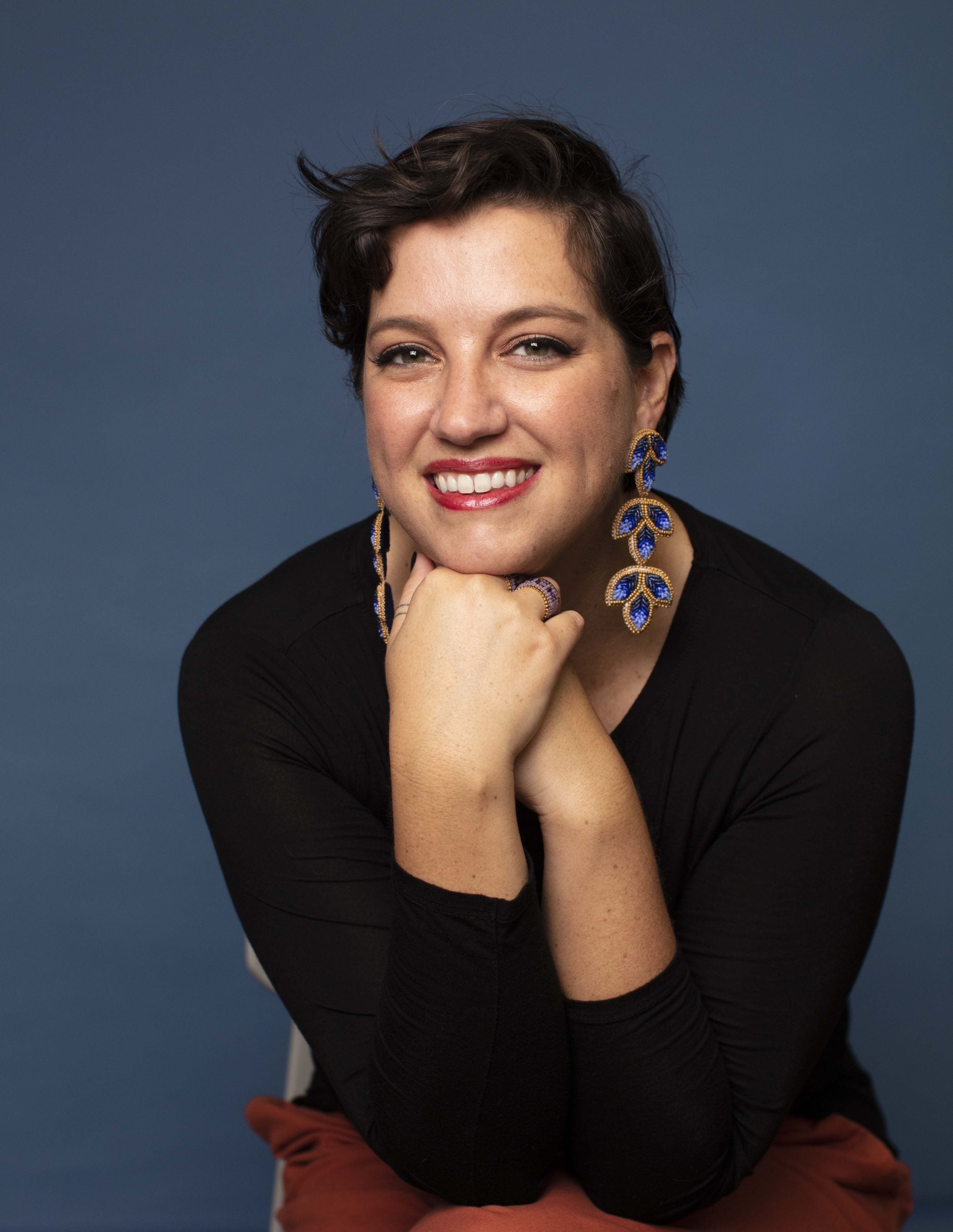
Adrienne Keene
Co-partner
Adrienne Keene is a Citizen of the Cherokee Nation and an Assistant Professor of American Studies and Ethnic Studies at Brown University. Her research areas include college access, transition, and persistence for American Indian, Alaska Native, and Native Hawaiian Students, including the role of pre-college access programs in student success and Indigenous college student activism. Additionally, she examines representations of Native peoples in popular culture, Native cultural appropriation in fashion and design, and the ways that Indigenous peoples are using the internet, social media, and new media to challenge misrepresentations and create new and innovative spaces for art and activism.
She is the longtime author of Native Appropriations, a blog examining cultural appropriation and contemporary Indigenous topics, as well as the co-creator and co-host of the All My Relations Podcast, which highlights Indigenous issues through a lens of relationality. Her most recent book, Notable Native People: 50 Indigenous Leaders, Dreamers, and Changemakers from past and Present, is an accessible, illustrated text of short biographies, highlighting the contributions of 50 Indigenous community members from history and today.
She earned her BA from Stanford University in Native American Studies and Cultural Anthropology, and her doctorate from the Harvard Graduate School of Education, in Culture, Communities, and Education.
Public Work
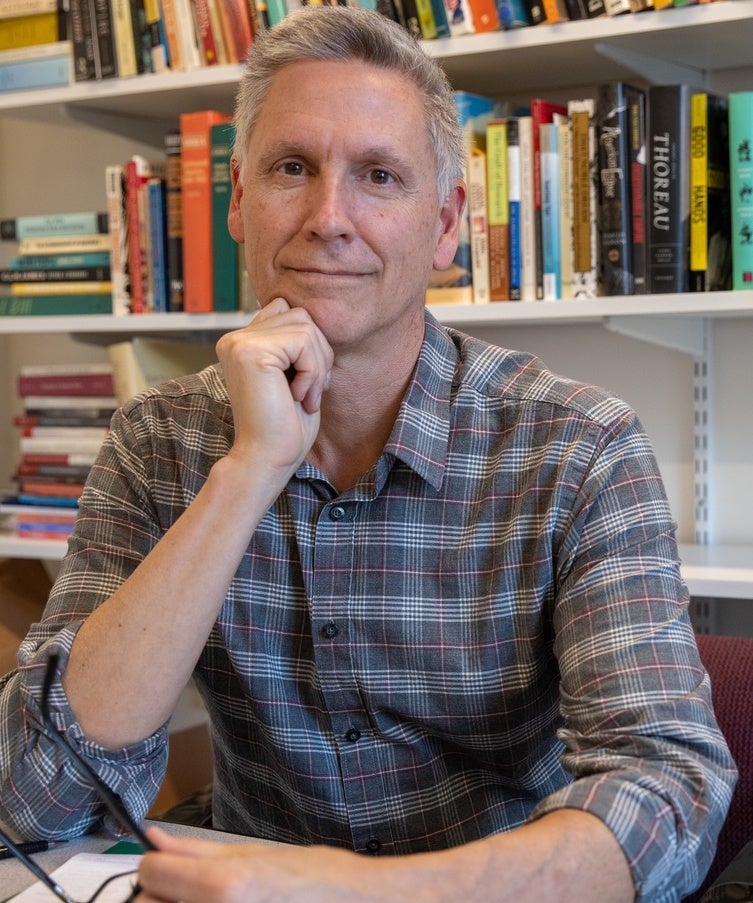
Phil Deloria
Co-partner
Philip J. Deloria (Dakota descent) is the Leverett Saltonstall Professor of History at Harvard University, where his research and teaching focus on the social, cultural and political histories of the relations among American Indian peoples and the United States. He is the author of several books, including Playing Indian (Yale University Press, 1998), Indians in Unexpected Places (University Press of Kansas, 2004), American Studies: A User’s Guide (University of California Press, 2017), with Alexander Olson, and Becoming Mary Sully: Toward an American Indian Abstract (University of Washington Press, 2019), as well as two co-edited books and numerous articles and chapters. Deloria received the Ph.D. in American Studies from Yale University in 1994, taught at the University of Colorado, and then, from 2001 to 2017, at the University of Michigan, before joining the faculty at Harvard in January 2018. Deloria is a trustee of the Smithsonian Institution’s National Museum of the American Indian. He is former president of the American Studies Association, an elected member of the American Philosophical Society and the American Academy of Arts and Sciences, the recipient of numerous prizes and recognitions, and serves as president of the Organization of American Historians in 2022.
Public Work

